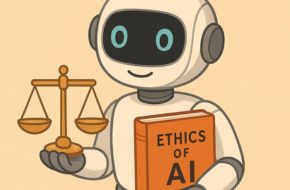Kiki Berk
 Kiki Berk is a Professor of Philosophy at Southern New Hampshire University. She received her Ph.D. in Philosophy from the VU University Amsterdam in 2010. Her current research interests are Philosophy of Death and Philosophy of Meaning in Life.
Kiki Berk is a Professor of Philosophy at Southern New Hampshire University. She received her Ph.D. in Philosophy from the VU University Amsterdam in 2010. Her current research interests are Philosophy of Death and Philosophy of Meaning in Life.
Contact:
Kiki Berk
k.berk@snhu.edu
Kiki Berk's Programs

Book Group - Philosophy; Science fiction; Fiction
Kiki facilitates discussions on books relating to philosophy, science fiction, and fiction. If you are interested in reading books on any of these topics, please reach out to Kiki directly to confirm interest and availablity.
Contact
Kiki Berk
k.berk@snhu.edu
Book Groups offer an opportunity for participants to engage with diverse perspectives in the humanities through literature to build understanding, empathy, and to support a culture of reading in the Granite State. New Hampshire Humanities provides expert facilitators; host organizations must provide the books.

Death Café
Death Cafés offer opportunities for people who don’t know each other to come together, share tea and cake, and talk openly about death. These gatherings have no agenda, lecture, or set theme (other than death itself); instead, they are participant-driven conversations where individuals can share experiences, ask questions, and reflect together. The goal is to normalize discussions about death in our (often) death-denying culture, while encouraging deeper thought about life and how we might live it more fully.

The Ethics of AI
This program explores some of the most urgent moral challenges that Artificial Intelligence presents to society today. Topics include automation and job displacement, deepfakes and misinformation, the role of AI in education, implicit bias, autonomous systems (such as self-driving cars and drones), and the ethical implications of a potential technological singularity. After a brief introduction to applied ethics and the technology behind generative AI, we will examine each issue in turn, highlighting the core moral questions they raise and their significance for shaping sound policies and regulations. The session will conclude with an open discussion, giving attendees a chance to share perspectives and ask questions. Participants will come away with a clearer understanding of the ethical landscape of AI and the tools to think critically about its future impact.